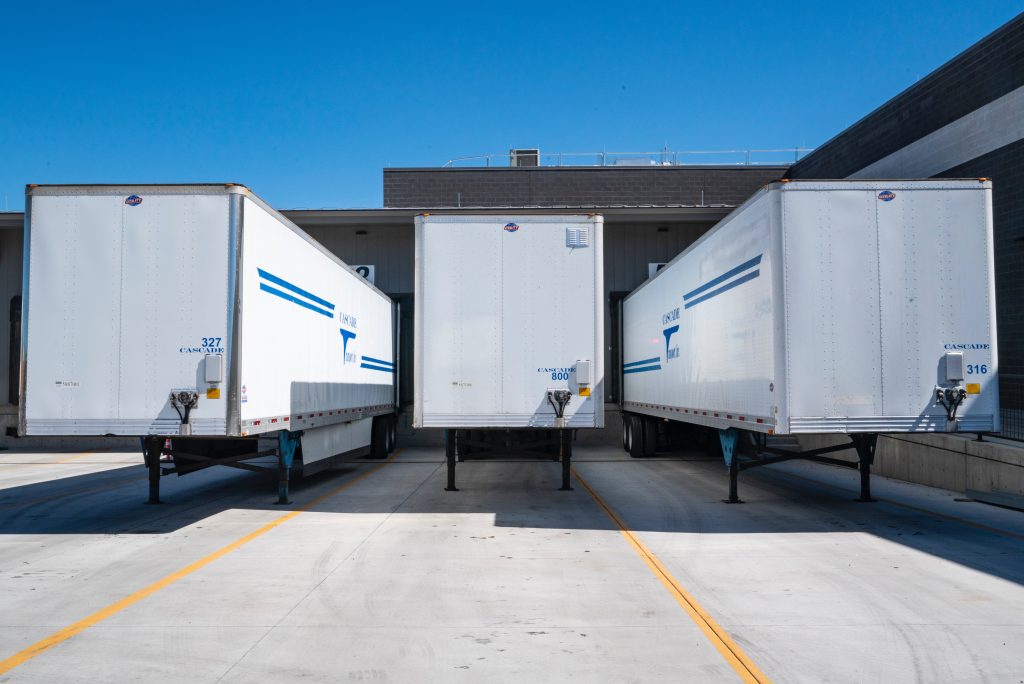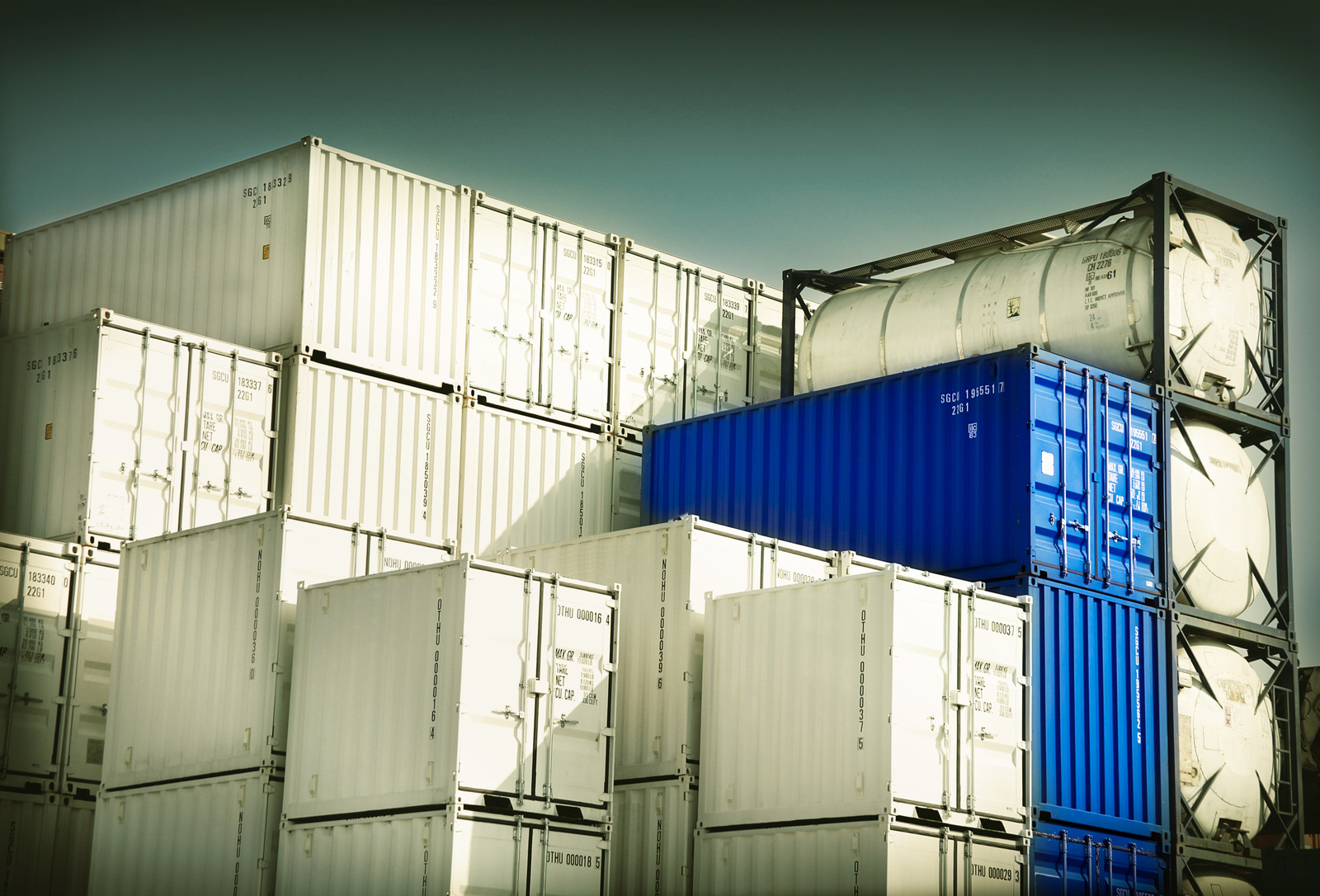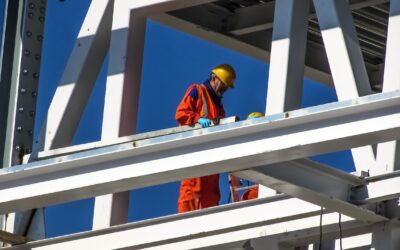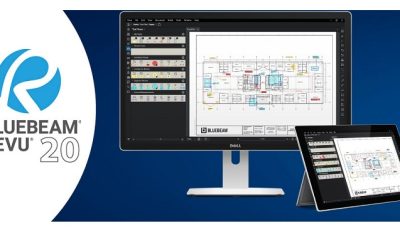Executive Summary. There are several trucking freight terms that a buyer should know. They’re important to know when contracting the transportation of your goods as well as when it’s time to pay the bill.
Truck delivery acronyms. If you’ve ever seen a quote from a supplier, or you’ve taken delivery of a product on a jobsite, there’s always a term, or an acronym or two on the paperwork which may look foreign to you. Here’s some common freight lingo you should know:

- FOB– Free on Board, also known informally as Freight on Board – this is the most important term you should learn. It should definitely be a part of your purchase order agreement with any seller. It defines who pays for loading and transportation costs, and who takes responsibility for the load, and when.
- FOB Shipping Point (or Origin)– here the buyer pays the shipping cost and is responsible for the load once it leaves the seller’s yard.
- FOB Destination– here the seller pays shipping costs and is responsible for your goods until the buyer takes possession.
- PRO Number– a “social security number” for your delivery – this is the number that your project coordinator should be asking for from the seller. This is the best way to track your goods in transit and it is a unique number to your package.
- LTL and TL– Less than Truckload and Truckload, respectively. Depending on whether you’re receiving goods on a 40’ flatbed or 53’ box trailer, in this instance your load doesn’t fill the entire truck. These carriers often offer the same delivery services as full loads and charge based on distance, volume, weight, and class of goods. Note that many 40’ high deck trailers carry 40,000 lbs (for example, rebar deliveries).
- BOL– Bill of Lading – this is your receipt, or delivery slip, for the delivery. This document contains a listing of the goods, but does not include the price – it is not an invoice, but can be a necessary document to provide to the party paying you as (s)he may demand proof of delivery. This document should have a signature from the seller, carrier, and the receiver.
- Cosignee– the receiver – this is a representative of the business receiving the goods.
- TPB– Third Party Billing – this scenario exists when neither the seller nor the cosignee pays for the freight charges.
- Freight Collect– freight cost is paid at the time of delivery by the receiver.
- PPD– Prepaid – the shipper pays the freight and bills the customer.
Insurance. This is another discussion all in itself, but on any major deliveries make sure to tie down the party responsible for damage or theft of your goods en route. Inland marine insurance is the term used for this overland coverage via truck or train (the “marine” portion is misleading, this coverage is actually over land where as “marine insurance” covers deliveries over water). This is a great educational discussion to have with your insurance agent.
My story. I didn’t know much about these terms during my career in the field. I was lucky, I never had a loss of any magnitude so I didn’t have to learn the hard way. To this day, I still talk about FOB Pit or FOB Jobsite when it comes to aggregate delivery. FOB Pit means I must truck it to the job and FOB Jobsite means that the price I’ve received includes the trucking cost to the jobsite. I also never say “Free on Board”, to me it’s always been the informal way of saying it (“Freight on Board”).






0 Comments